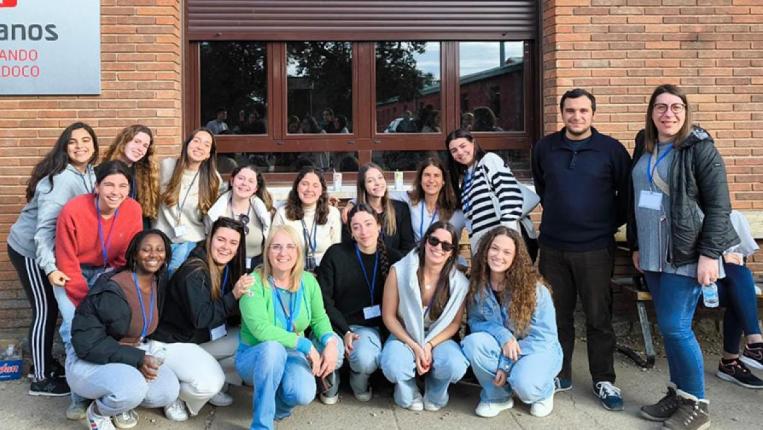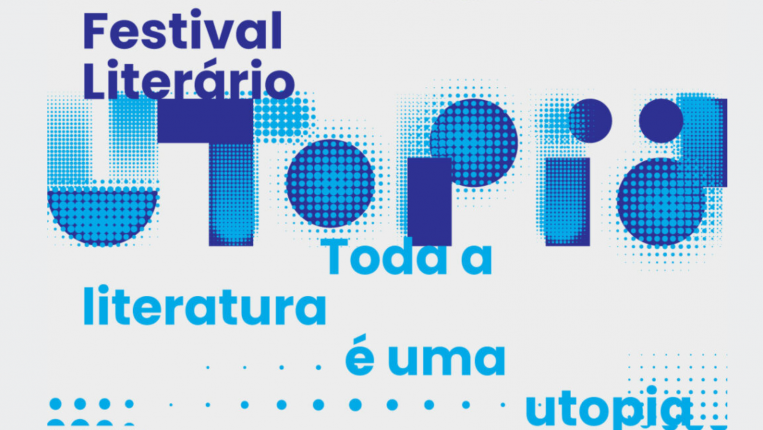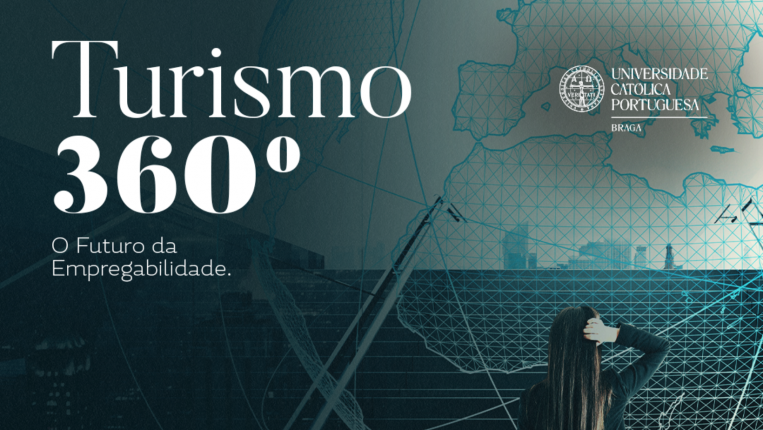
Brazil, Spain, Italy and Morocco - these are the destinations of 13 students from the four campi of the Universidade Católica Portuguesa (UCP) who are about to embark on FLY, an international volunteering project that promises to leave its mark on the lives of these participants (and more). Before that, the first stop was Madrid.
Self-awareness, teamwork, contexts of vulnerability (migration, exclusion, communities) and the challenges of the global context were the topics covered in a previous training session attended by the students. In total, six European universities (participants and project coordinators) were represented by 156 volunteers.
Carmo Themudo, coordinator of the Unit for the Integral Development of the Person (UDIP) and also a participant in this training, emphasises the importance of "providing our students with these opportunities to grow." "It is a big responsibility and the heart only settles when they are all back home, but the result is very positive and the teamwork with the other universities makes everything easier," she adds.
For Júlia Silva, a master's student in Finance at UCP's Porto Campus, "the weekend was an incredible experience, where I had the chance to learn a lot." "I met fantastic people who share the same passions and goals as me. The energy and enthusiasm of all the participants and the way the whole weekend was organised left me feeling calm and certain that being there and being part of this project was the best decision I could have made.".
Coordinated by the Porto Regional Centre of Universidade Católica, this year's 4th edition of FLY beat the record of 36 applications, selecting - for the first time - students from all four campi: two from Braga, two from Lisbon, eight from Porto and one from Viseu. "It's another example of the Universidade Católica Portuguesa's social commitment to sustainable development," says Constança Barbosa, CASO's coordinator. "We endeavour to train young people who are sensitive to the problems arising from inequality and injustice." "This weekend has shown us how motivated and willing these volunteers are to make a difference, however small," she concludes.
Francisco Cabral, a student at the headquarters of the Universidade Católica Portuguesa in Lisbon, is going to Mellia (Spain) to work with migrants. On this training course in Madrid, he says that "the constant opportunity to study and interact with trainers and volunteers from different cultures and backgrounds was fundamental to broadening my horizons and understanding the complexity of the world we live in." The moments of experience-sharing were truly remarkable," he adds. "By exchanging ideas and perspectives with the other volunteers, I was able to see how different realities intertwine and how important it is to be open to dialogue and constant learning."
It was an intense weekend, with plenty of socialising and inspiring stories like that of Bonifácio Ofogo, a Cameroonian writer who has been writing and narrating African tales since 1992.
For the student from the Braga campus, "it was a unique and inspiring moment. Meeting students with similar motivations for solidarity, despite their individual particularities, showed how united we are when it comes to leveraging and supporting social initiatives." Daniela Monteiro, from UCP's Braga Regional Centre, points out that "this training was shaped by a practical and meaningful approach, enriched by group dynamics and discussion spaces that encouraged the active participation of everyone involved". "We created a spirit of unity and a unique sense of community," adds Anabela Rodrigues, who also took part in the training.
The Fly programme is coordinated by the Spanish Jesuit Universities, Comillas University (Madrid, Spain) Deusto (Bilbao, Spain), ESADE (Barcelona, Spain), Loyola (Andalusia, Spain), joined by LUMSA (Rome, Italy) and Mateja Bela (Banská Bystrica, Slovakia) and recently IQS (Barcelona, Spain).




